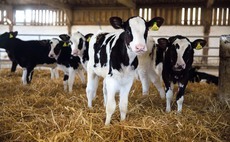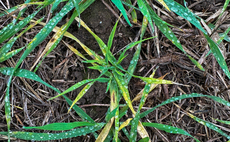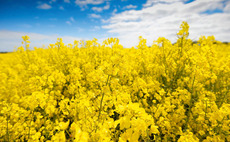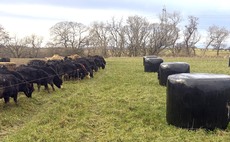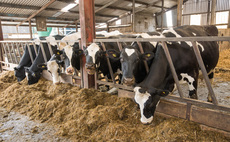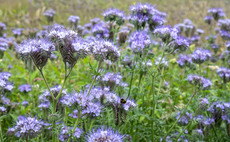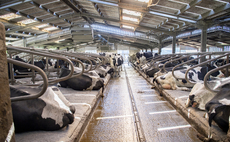Technical
Dairy
Both external and internal biosecurity measures should be considered when controlling infection risk on dairy farms
Livestock
Feeding colostrum at the onset of scour, alongside replacing lost fluids could help with calf recovery
Agronomy
New to the spring barley AHDB Recommended List, variety Shona could offer dual-purpose potential for growers in the East
Agronomy
A survey led by Association of Independent Crop Consultants (AICC) members suggests that Wheat Dwarf Virus (WDV) may be widespread than previously thought or recorded
Agronomy
After a better harvest for OSR growers in 2025, growers should be prepared when reintroducing the once popular break crop
Livestock
Top-performing suckler herds focus on fertility, calf growth, tight calving patterns and targeted cow-calf inputs to produce heavier, healthier weaned calves.
Dairy
Vet Emma Greaves, of Stapeley Veterinary Practice, looks at how to manage winter mastitis infections on-farm
Agronomy
Staffs farmer Tim Parton discusses the applications of biostimulants in his farming system, emphasising the benefits they provide for yield, input efficiency, and pest control
Dairy
Variable silage quality and nutrition challenges could be a driver of scour among milking herds this winter
Arable
With the newly re-located CropTec Show right around the corner, we explore some of the key themes and discussions set to take centre stage in the CropTec Theatre

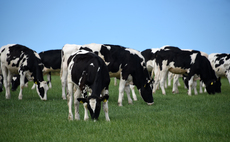
 18 February 2026
•
5 min read
18 February 2026
•
5 min read
